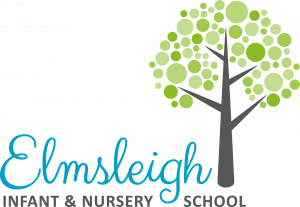SEND
We are a very inclusive school with an Enhanced Resource unit which provides up to only 14 places for children with an Education and Health Care Plan which sets out their Special Educational Needs and entry is via Local Authority Panel. The Enhanced Resource base includes 2 teaching areas, a sensory exploration area, 1 withdrawal area, an outside learning space and separate secure play area, and a dedicated sensory room
